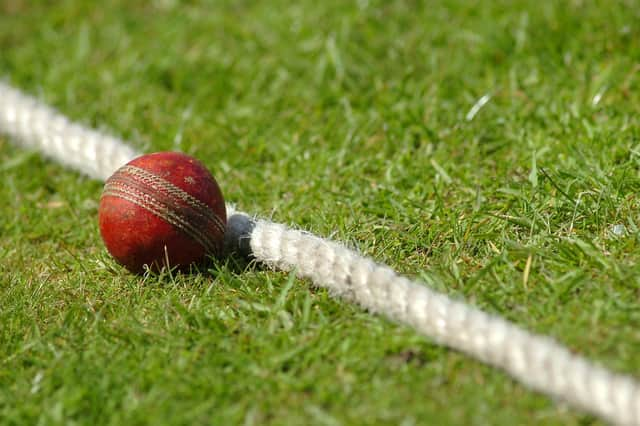Risk of coronavirus transmission via shared sports equipment is ‘likely to be low’ and less of a risk than player interaction – new study


Researchers say the findings are important for both elite athletes and community sports and schools.
A team led by Dr Emily Adams from Liverpool School of Tropical Medicine found that a ‘rapid loss of viral load on the equipment after a short period of time’ made it ‘unlikely’ to be a major transmission risk.
Advertisement
Hide AdAdvertisement
Hide AdDr Thomas Edwards, who led the technical work, said: ‘The major risk of transmission during team sports is more likely to be during player interaction, either in transport, during play or socially before and after the game, and infection control measures should be focused on these areas.’
Prime Minister Boris Johnson previously described a cricket ball as a ‘natural vector of disease’ while defending his decision to ban sport outside elite levels last summer.
But the team found that the material of items including tennis balls, cricket gloves and cricket balls also had a ‘significant’ effect on transfer of the virus.
The researchers said that less virus transferred from ‘porous materials’ such as bovine leather or nylon woven cloth than materials such as plastics.
Advertisement
Hide AdAdvertisement
Hide AdProfessor James Calder from Imperial College and Fortius Clinic London said: ‘These findings are important for elite athletes but also for community sports and our schools.
‘The risk of transmission when we share sports equipment is lower than was once thought and it highlights the importance of promoting other infection control measures in sports and encourages equipment manufacturers to identify surfaces that may be less likely to retain viable virus.’
It is hoped that the findings will help inform policy in sport, directing control measures to other more effective areas.
Andy Harland, professor of sports technology at Loughborough University, said: ‘Sport plays such an important role in many people’s mental and physical well-being, but has inevitably been interrupted during the coronavirus pandemic.
Advertisement
Hide AdAdvertisement
Hide Ad‘The opportunity to engage in research into risk of virus transmission via sports equipment was something we were pleased to support and hope the results can assist sports administrators and individuals to make informed decisions when returning to play.’